Talk to any experienced venture capitalist or angel investor, and they will have at least one story about a company that had some nasty surprises for them post-investment. Your best and possibly only chance to see the innards of a company is during the due diligence process. While due diligence is an imperfect science, below are some hard-won practical tips.
Investors often spend a good amount of time assessing the senior team and its ability to execute. Don’t forget to assess the senior team’s attitude to investors and whether they view themselves as a fiduciary to their investors or just view you as a source of capital.
• Hidden comp: Make sure you understand all the compensation the executives are given. Cars and housing are the top two that happen and go under the guise of “company” expenses. Make sure you know about any of those, and ask for data about how they are used. Frankly, if they exist at all in an early stage company, it is more likely than not a waste of investor money.
• Related party transactions: Get a full report on all related party transactions, meaning any contract with a company that is connected to an executive or someone close to the executive (e.g., a sibling or a partner/spouse). There is a high chance these are “sweetheart” deals whose economics don’t stand up. Whether you allow this going forward is up to you.
• Key person risk (inter-exec relationships): It’s pretty standard to understand who is “key” to the business’s success, but make sure you confirm how the key people are connected to each other. If one goes, will the others? Will each give their own opinion, or do they move in lockstep? If you have to make a personnel decision (fire) a key person, it’s helpful to know whether you will lose others in protest.
Are those sales real? Can the company make its numbers? Are those projections too rosy? While experience and deep industry and sector knowledge are great sources of insight, you can take some practical steps in your investigation, as well.
• Prove out the sales metrics: Don’t trust the sales metrics given. Ask to see Salesforce (or whatever customer relationship management software they use) data, including the life cycles of all contracts for the past two years. Take the time to reconstruct what they reported for the past two years. Does it match their deck and claims?
• Investigate the large deals: Get signed contracts for larger deals. Make sure there are no “change of control issues,” meaning if someone takes over the company, is the contract null and void? Also, ask if you can talk to the largest customers to gauge satisfaction and renewability.
The answers you get and the ones you don’t all help create the tapestry of what you think the company is and where you think it can go. Odds are you’ll never get all the answers, so finding where things fit and don’t fit will help you fill in the gaps.
• Match the pitch deck to the data in the data room: Pitch decks are the best-case scenarios. Where you can, match up all claims of current and future performance to the data provided. Ask for proof and additional data where you find gaps.
• Triangulate the projections: Check all the presentations, and ensure that they tell the same story with the same metrics. Especially take the deck and the financial model and see whether they match up. Look through the deck and model and identify what operational steps are necessary to achieve the deck goals (revenue) and ensure the requisite expenses (e.g., people, tech investment, etc.) are reflected in the model. Also make sure you know the pushdown effect of a delayed investment or action. For instance, if you don’t get the key tech built out by X date, your sales could be affected.
• Human triangulation: Don’t forget to talk to the key people and a level below them. Compare the deck and model stories to what you find out in these interviews. Investigate any gaps you find.
Where possible, try to get a commitment that the projections in the pitch deck will become the goals of the senior management team, which should be tied to their compensation. Don’t be surprised if the first official budget you get after the investment is somehow much lower than the rosy projections in the deck. Compensation goals are one way to ensure compliance with what you were pitched.
Also, if you happen to get a board seat, have skip-level meetings at least twice a year with the CFO by herself (and other key leadership). If the founder/CEO won’t allow it, this tells you a lot.
Due diligence, by its nature, isn’t perfect. It’s also probably the only chance you’ll ever get to see what goes on in a company because once you have invested, even if you have a board seat, you may not get the insight you want. You hold the most leverage before you write your check. How management responds to your requests and questions is equally important as the answers themselves. If you get hand-waving and pushback, it’s a decent sign of what is to come once you invest.